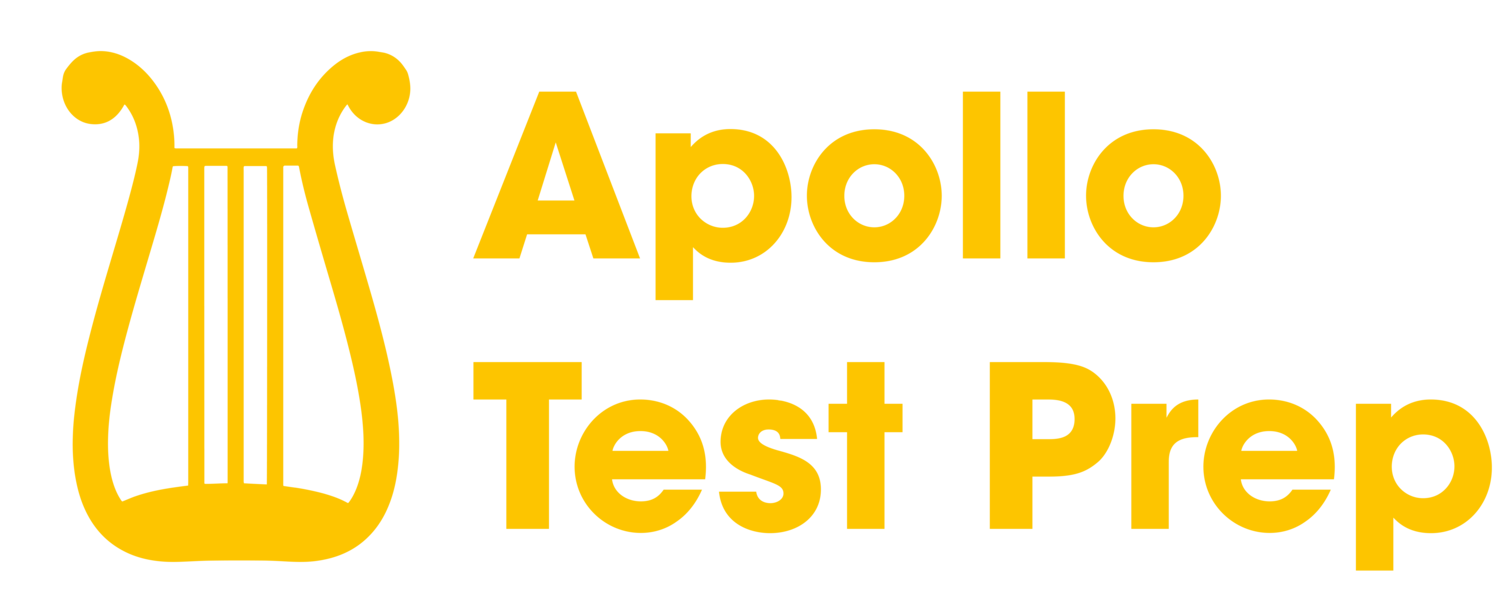Beginner’s Guide to the Law School Resume
Though it’s often forgotten in the law school application discussion, your resume is nonetheless an important part of your law school application. Here’s how you put together a great one.
Format:
Your resume should be 1-2 pages long, and use a simple font like Times New Roman, Arial, or Helvetica. If you can get it down to 1 page, that’s preferred - it shows your ability to be concise and prevents the person reading it from losing focus.
What if I already have a resume?
Great! You’re most of the way there. A law school resume is largely very similar to a professional one. The main difference is just in the kinds of experiences you’ll want to highlight. While a professional resume is meant to showcase your ability to thrive in a professional environment, a law school resume should focus on highlighting a slightly different, more academic skill set.
If you already have some work experience, your resume likely has more professional experiences on it than academic ones. That’s great for getting jobs, but law schools will generally look for a more even balance of academic and professional experiences. After all, they want to see the kind of student and community member you will be once you’re on campus. Leadership roles, club activities, and community service are all important to have on a law school resume.
It’s also good practice to add your LSAC number somewhere in the header.
See the section below for what law schools look for on a resume.
What if I don’t have a resume?
You can download a law school resume template here. Start by populating it with 3 professional and 3 leadership/on-campus experiences, with 2-3 bullet points explaining each experience. Try to keep each bullet point to 1 line, with 2 lines max for the bullets that really need it.
What do law schools look for on a resume?
While this answer varies by school, you can get a rough sense for what admissions committees may be looking for by thinking about the skills that law school and law jobs require. Those skills include:
Writing
Reading
Research
Argumentation/Debate
Public Speaking
Interpersonal/social skills
Attention to detail
Working with clients
Managing heavy workloads and balancing responsibilities
Leadership
Try to pick experiences and bullet points that showcase these skills!
Another tip: bullet points should always start with eye-catching action verbs. Here’s a handy list of strong action verbs.
Want some free help with putting together an amazing law school resume?
